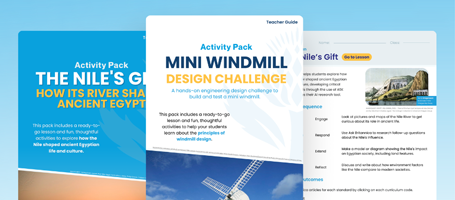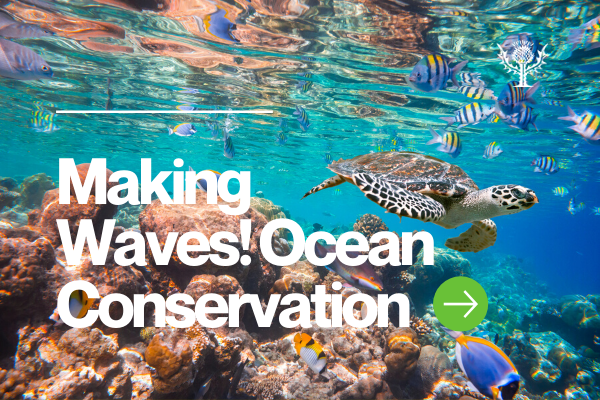The following Britannica Library learning toolkit on Ocean conservation is a great starting place for conducting themed workshops, exhibitions or activities in your library.
It contains digital and printable resources to help burgeoning young scientists explore our oceans and marine life, as well as understand the impact of human activity and the importance of responsible stewardship.
Ocean Conservation Resources
These resource packs are specially curated to shed light on ocean life, human interactions with the ocean and the ocean’s physical geography. They contain age-appropriate texts and multimedia from Britannica Library.
“Ocean Conservation” Kids resource pack for Australian Libraries
“Ocean Conservation” Teens resource pack for Australian Libraries
Librarian Tip:
Libraries in New Zealand and Asia can also access these resource pack at:
Kids resource pack for New Zealand Libraries ↗
Teens resource pack for New Zealand Libraries ↗
Kids resource pack for Asia Libraries ↗
Teens resource pack for Asia Libraries ↗
Ocean Conservation Activities
Print out these activities for children to complete on their own or in groups, using information found in the resource packs above or elsewhere in the library. Worksheets can also be downloaded, shared and completed online.
Our Beaches
Examine the different images depicting beaches and answer the questions in the Beaches worksheet.
Human Impact on Ocean Life
Read the Britannica Library article on pollution and construct a chart illustrating the impact of pollution and human activities on ocean life.
How Recycling Works
Recycling is one way to reduce the amount of waste that can end up in our oceans and waterways. Watch the Recycling video found in the Britannica Library resource pack and use it to illustrate the recycling process.
These activities and resources have been created using content from Britannica Library, the go-to site for safe, comprehensive research for all ages. Find out if your library already has access or set up your own free trial.
More Educator Resources
Sign up with your email for more free resources from Britannica.




